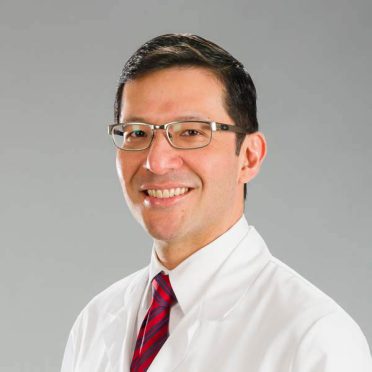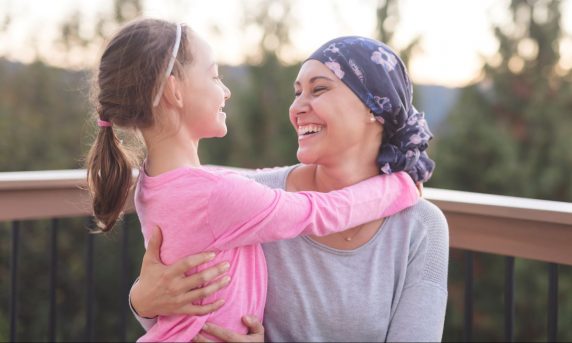Do you like your coffee extra hot? Or frequently burn your throat drinking scalding hot tea?
Your hot coffee may be putting you at higher risk of esophageal cancer, according to recent studies. One study, published in the journal “Clinical Nutrition,” found those who like to drink tea or coffee were at a 2.8 times higher risk of esophageal cancer than non-drinkers.
Cancer from coffee?
When you drink extra hot coffee – or any superheated beverage – it can cause damage to your esophagus. Over time, those damaged cells may become susceptible to cancer.
“Think of it like skin cancer,” said surgeon Mario Katigbak, MD, who also serves as chief of thoracic surgery at Hartford Hospital. “When you experience burns on your skin, like sunburn, over a prolonged period of time, the cells start to change to protect themselves. A change in the cells’ DNA can cause them to become precancerous and then cancerous.”
Although hot beverages can cause micro injuries to the tissue in the esophagus, Dr. Katigbak said the cancer risk would develop only after prolonged exposure. One coffee that burns your throat is only a problem for as long as the pain lasts.
Issues with the studies
Dr. Katigbak cautioned that some of these studies don’t reach high levels of statistical data, but that a meta analysis of more than 20 such studies over the last 20 years does show a connection.
Among the problems he cited with some studies were that the exact temperatures of the beverages weren’t included, there was no control group, that risk behaviors such as smoking and alcohol use weren’t factored in, and that the type of esophageal cancer found (adenocarcinoma) is not the most common type.
Here’s what to watch for
Dr. Katigbak noted that early-stage esophageal cancer may have few symptoms but early symptoms can include:
- Difficulty swallowing (dysphagia).
- Weight loss without trying.
- Chest pain, pressure or burning.
- Worsening indigestion or heartburn.
When the disease is more advanced, symptoms can include difficulty swallowing foods, especially “hard” foods like steak.
Concerned? Talk to a doctor
If you experience any of these symptoms, Dr. Katibag said you should let your doctor know. There are tests that can be ordered to determine what’s going on.
Tests and procedures used to diagnose esophageal cancer include:
- Barium swallow study. During this study, you swallow a liquid that includes barium and then undergo X-rays. The barium coats the inside of your esophagus, which then shows any changes to the tissue on the X-ray.
- Endoscopy. During endoscopy, your doctor passes a flexible tube equipped with a video lens down your throat and into your esophagus. Your doctor can look for cancer or areas of irritation.
- Biopsy. Your doctor may use a special scope passed down your throat into your esophagus to collect a sample of suspicious tissue for testing.



